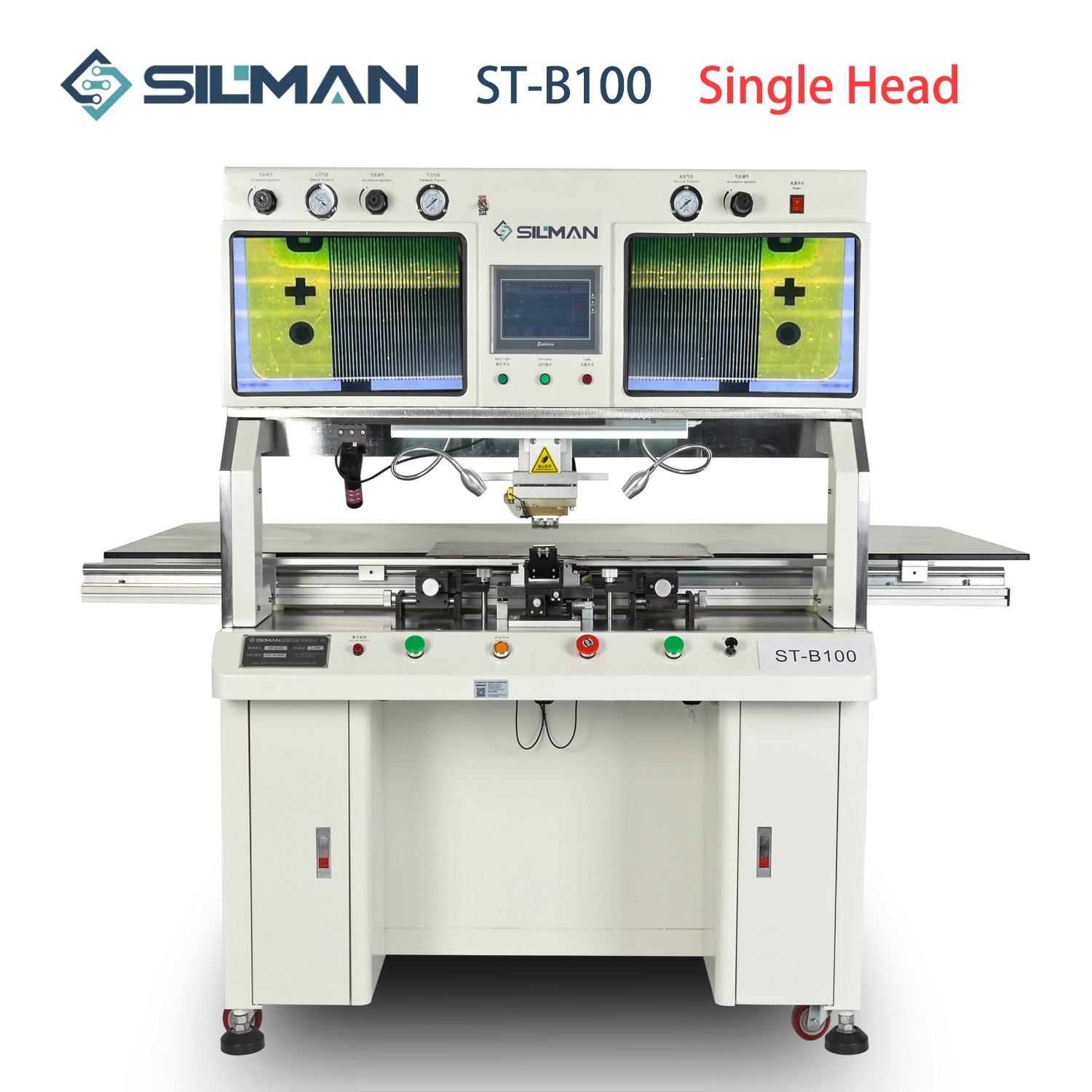Why use selective wave soldering? Undoubtedly, selective soldering offers many advantages, such as improved solder joint quality and aesthetics, reduced oxidation, and more. But why choose it? In other words, what issues cannot be addressed without using this selective soldering method? This tells us that the main reason for adopting selective soldering is the quality of through-hole component solder joints, which cannot be addressed by other machine equipment. This is also the core value of selective wave soldering. Let’s delve into it further.
Many people mistakenly believe that selective soldering is a newer and better soldering process compared to wave soldering. However, in specific applications, this is not the case. In fact, these are two fundamentally different types of soldering technologies with significant differences in their targeted applications.
Given that wave soldering is widely used as an economical and reliable soldering process for circuit boards with only through-hole components, selective soldering is required when the mainboard contains both surface-mount and through-hole components. Wave soldering can complete the soldering of all solder joints on the entire surface of the circuit board in one go during through-hole component soldering operations, making it the fastest and most effective method for processing through-hole components. However, selective soldering is used to solder individual leads or groups of leads of components with narrow spacing, resulting in significantly slower soldering speeds.
The reason for having mixed circuit boards is manifold. Although the number of surface-mount components installed on the mainboard is increasing, some components, such as high-power applications and connectors requiring particularly robust and reliable connections, still prefer through-hole components. This determines the significance of selective wave soldering. Why use selective wave soldering? Because it can provide reliable solder joint quality for solder points with specific stability requirements. Thus, selective wave soldering plays a crucial role in various production environments where absolute solder joint quality is required for high-power components, connectors, sensitive components, and other applications.
